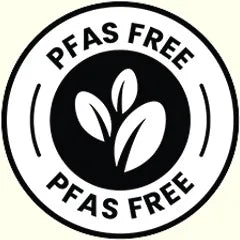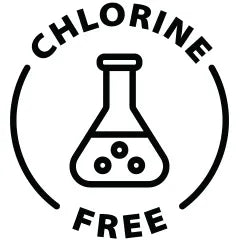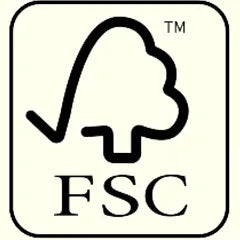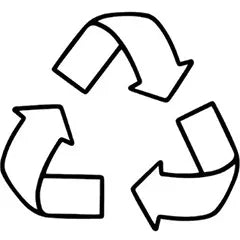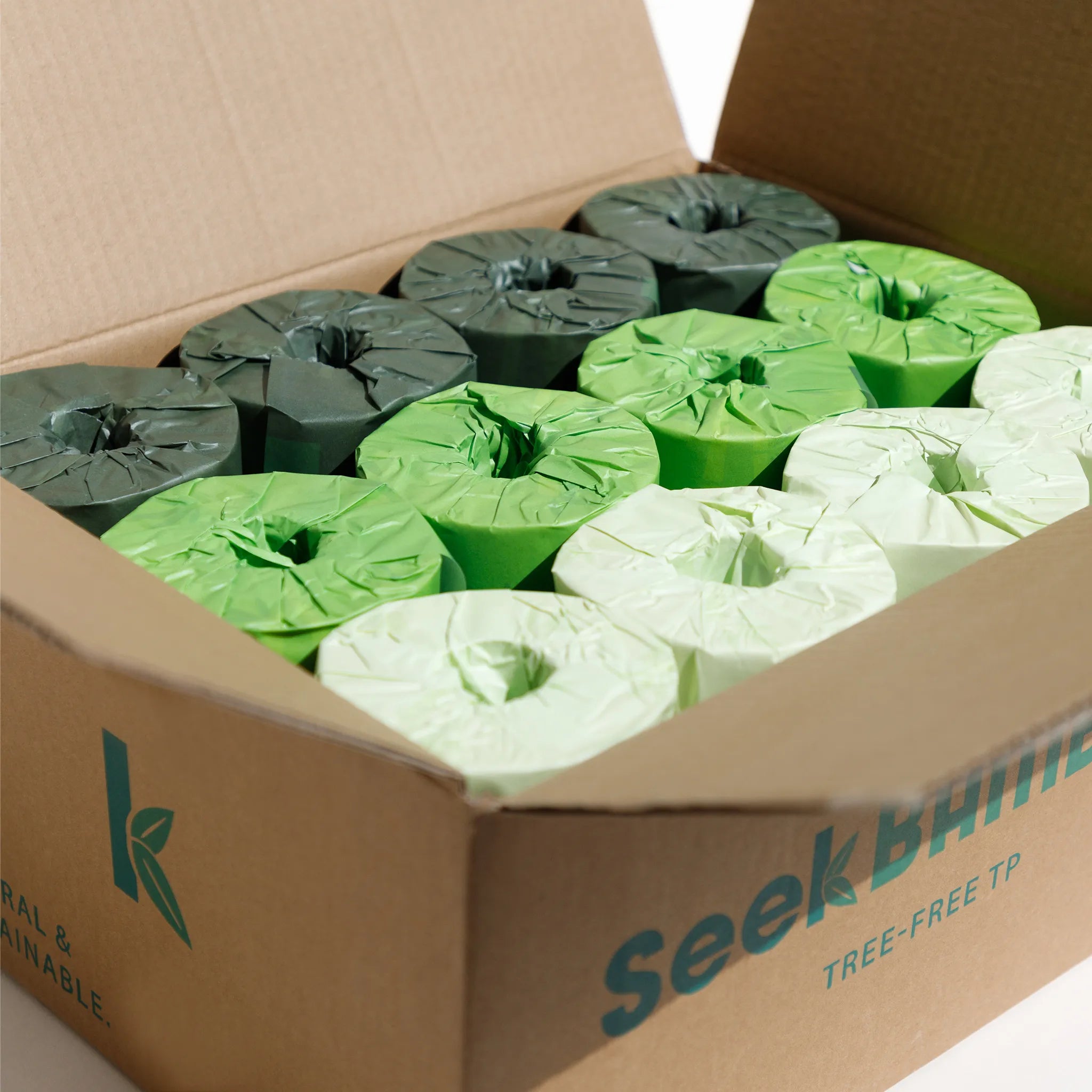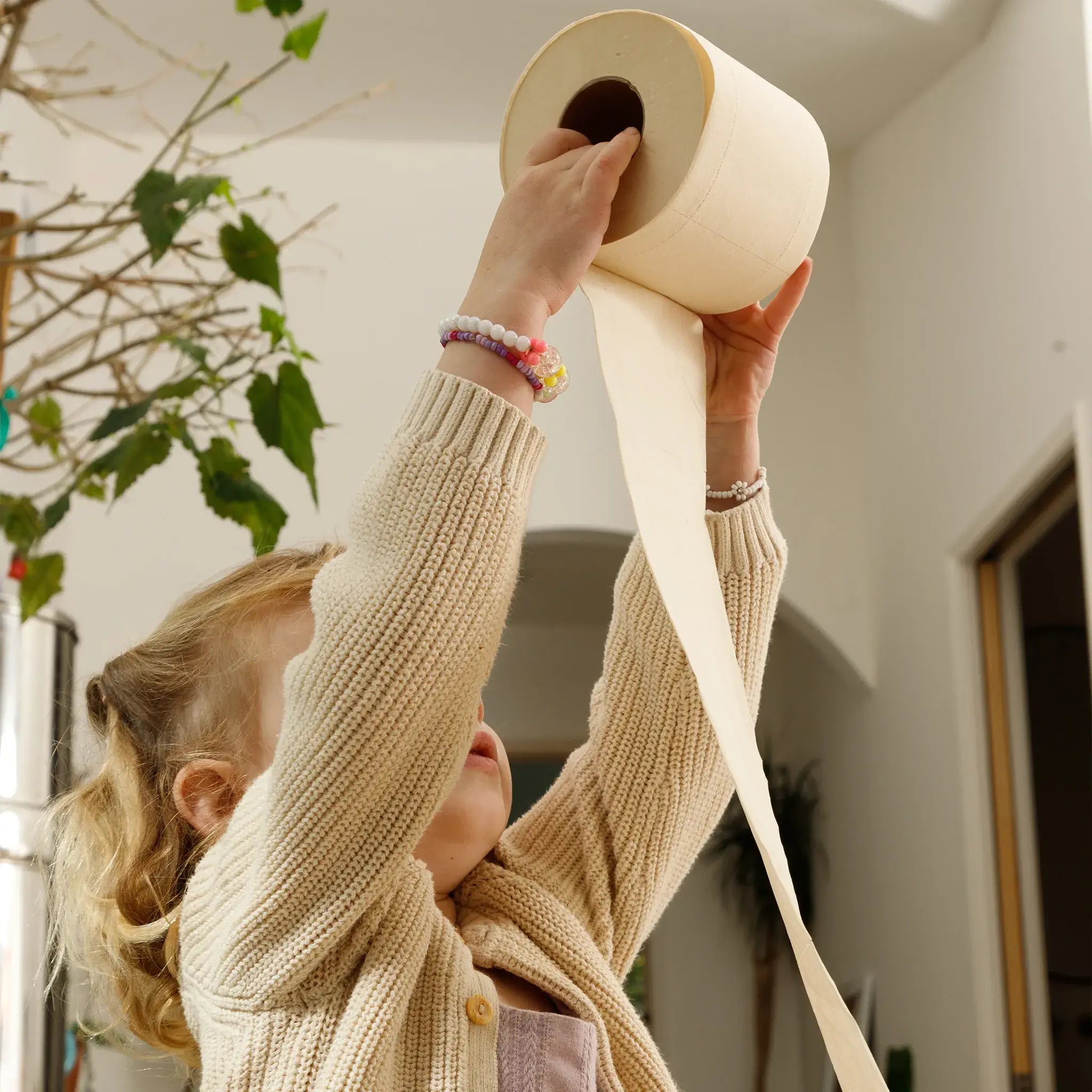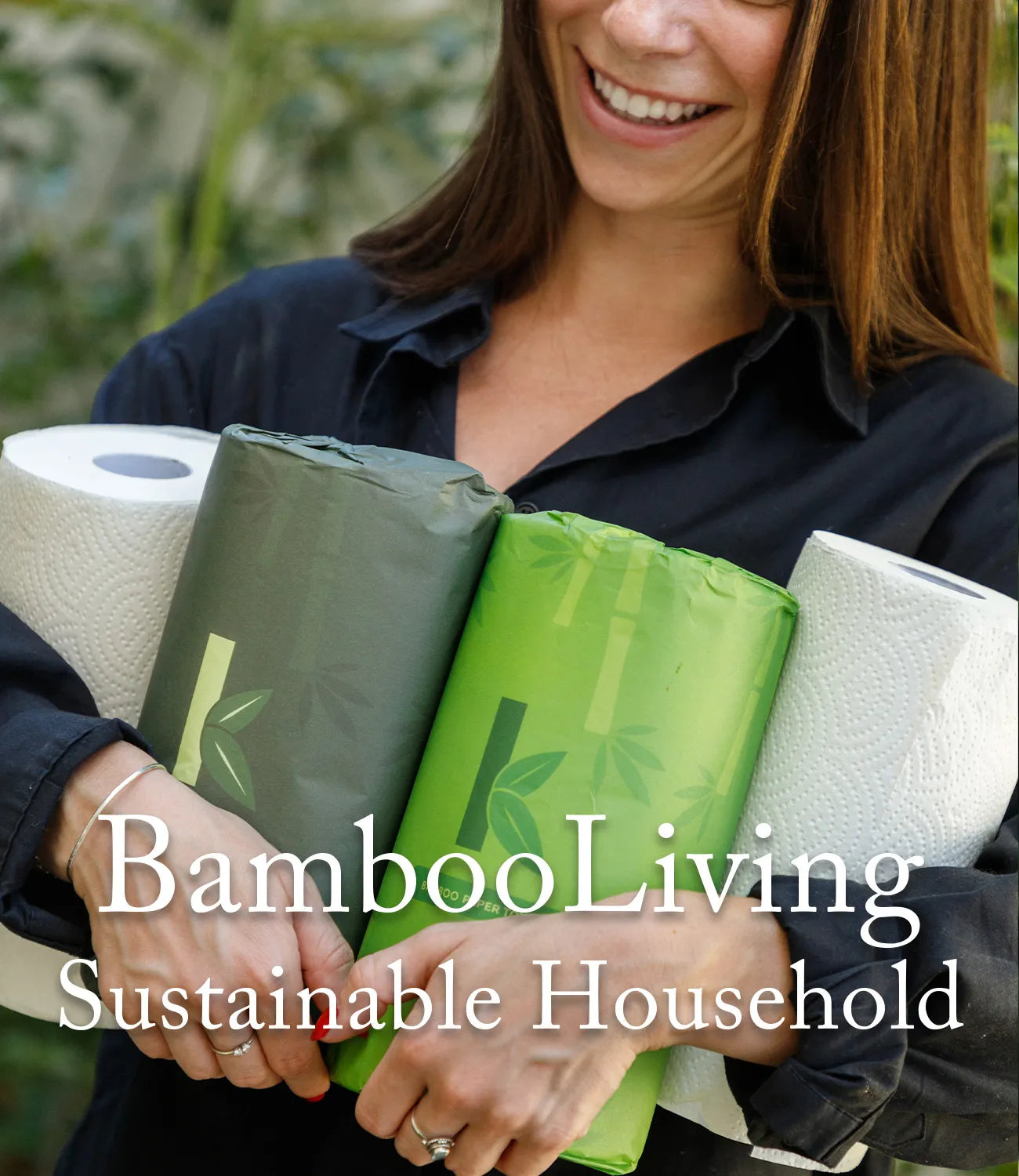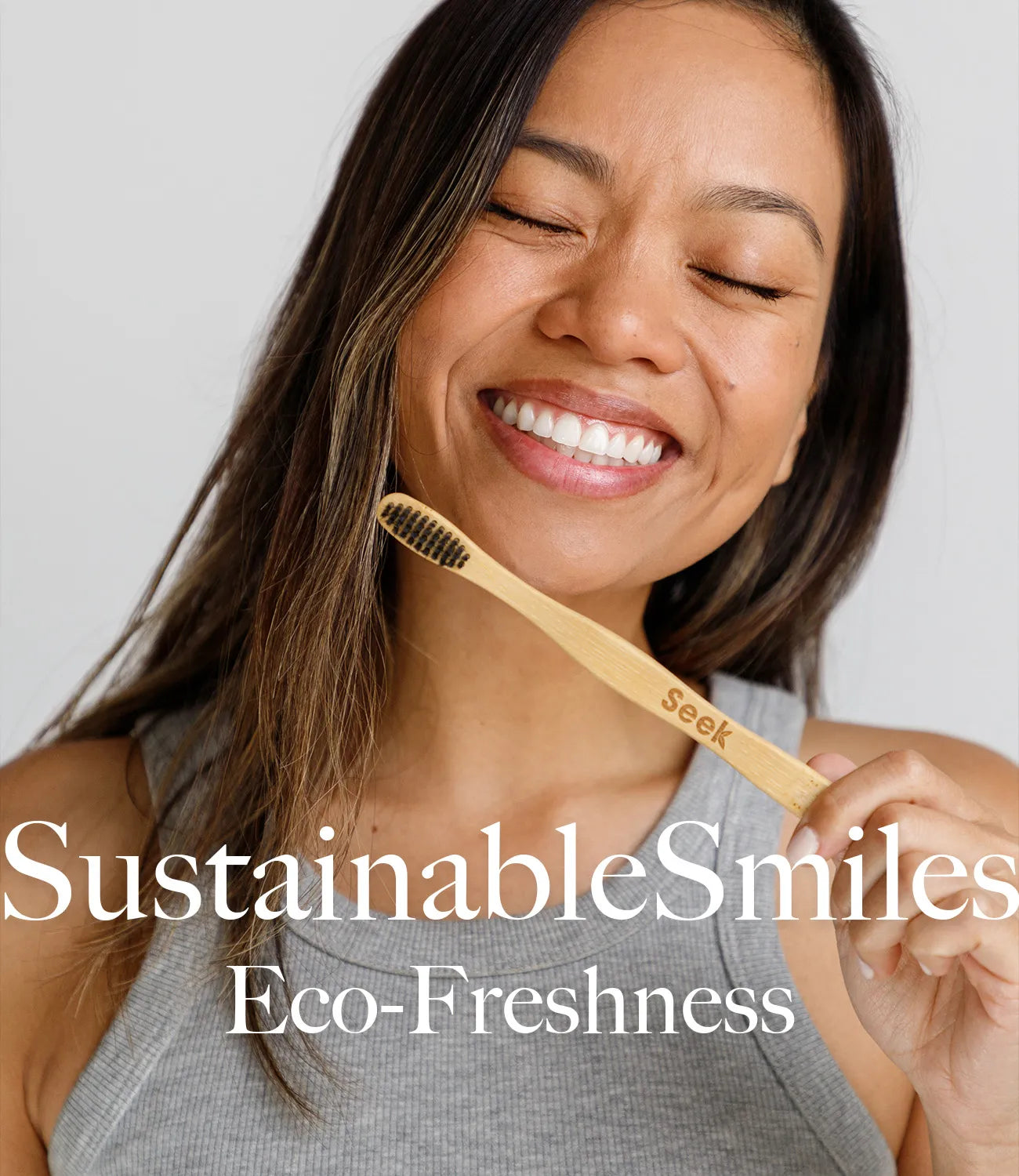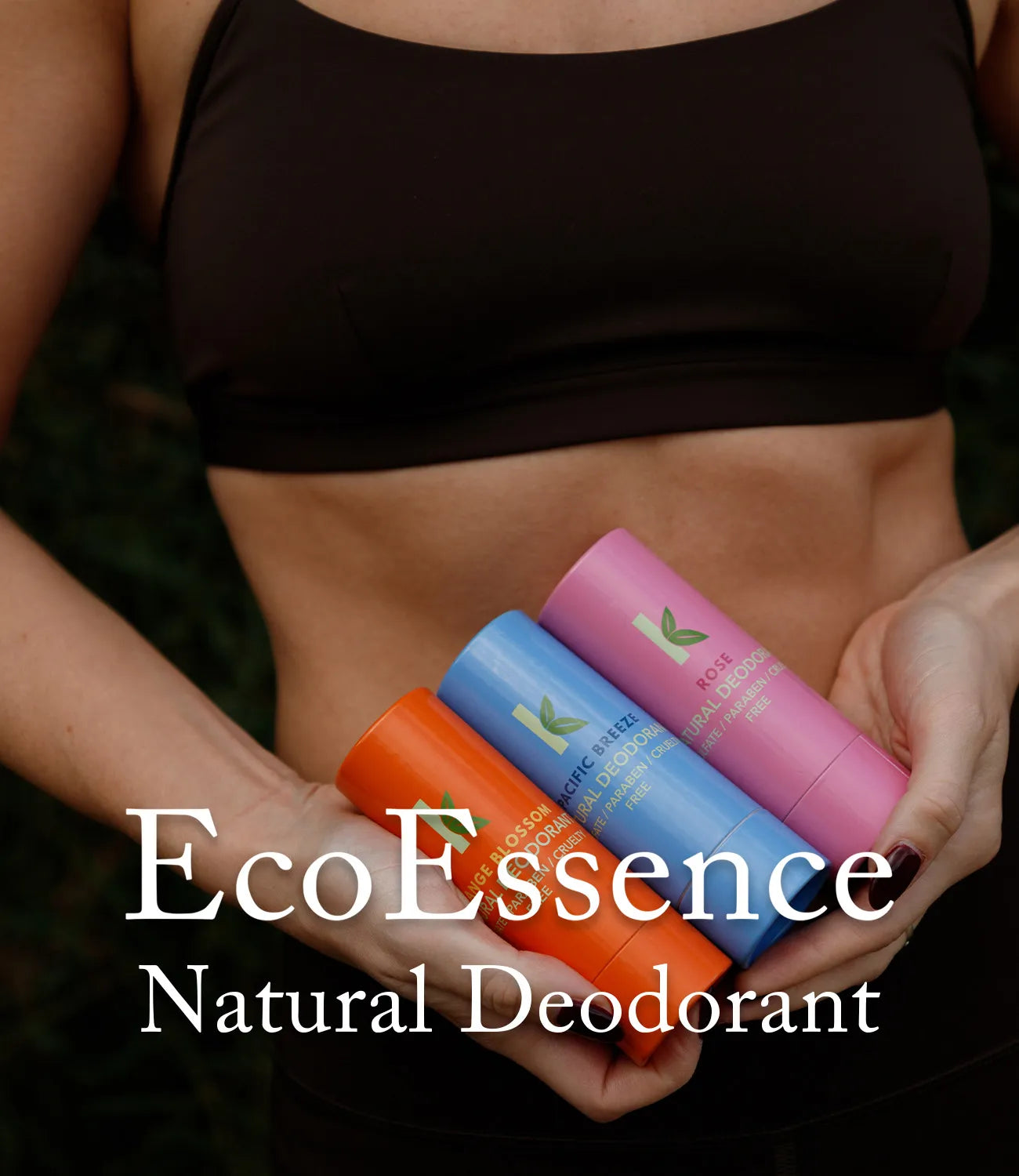Can You Flush Paper Towels
In our daily lives, paper towels are a convenient and essential tool, whether we’re cleaning up spills, wiping down surfaces, or tackling kitchen messes. However, a common question arises: Can you flush paper towels down the toilet? While it might seem like a harmless act, flushing a paper towel can lead to a variety of problems that many people are unaware of. Unlike toilet paper, which is designed to break down quickly in water, paper towels are made to be strong and absorbent, which means they don’t disintegrate as easily. This difference in composition can cause significant issues, from clogged pipes and damaged plumbing systems to serious environmental consequences.
As we become more aware of the impact our everyday choices have on the environment, it’s important to consider not just how we use products, but also how we dispose of them. In this blog, we’ll explore why flushing paper towels is a bad idea, what happens when you do, and the potential costs involved in repairing the damage. We’ll also discuss better alternatives for disposal, and why switching to eco-friendly options like bamboo paper towels can make a big difference. Bamboo paper towels offer a sustainable, strong, and environmentally friendly alternative to traditional paper towels, providing the perfect balance between convenience and responsibility.
Join us as we dive into the details of why flushing paper towels is a practice to avoid, the benefits of choosing bamboo paper towels, and how you can make small changes in your household routine that have a big impact on both your home’s plumbing and the planet.
Can Paper Towels Be Flushed ? Noooo
While it might seem convenient to flush paper towels down the toilet, doing so can lead to a range of problems that many people don’t anticipate. To understand why flushing paper towels is a bad idea, it’s important to first consider the fundamental differences between paper towels and toilet paper, particularly in terms of their composition and biodegradability.
What Sets Paper Towels Apart : Composition and Biodegradability
Toilet paper is specifically designed to dissolve quickly in water. It’s made from short fibers that break apart easily when exposed to moisture, allowing it to disintegrate rapidly once flushed. This quick breakdown is crucial because it prevents toilet paper from clogging pipes or causing issues in septic systems and wastewater treatment plants.
Paper towels, on the other hand, are made to be much stronger and more absorbent. Their fibers are longer and more tightly woven, which gives them the durability needed to tackle tough messes without falling apart. However, this strength is also what makes them unsuitable for flushing. Unlike toilet paper, paper towels are not designed to dissolve in water. Instead, they tend to retain their structure, which can lead to significant problems once they enter the plumbing system.
The Consequences Of Flushing Paper Towels
- Clogged Pipes: The most immediate consequence of flushing paper towels is the potential for clogged pipes. Since paper towels don’t break down easily, they can accumulate in your plumbing, leading to blockages. These clogs can cause slow drains, backups, and even more severe plumbing issues that require professional intervention to resolve.
- Septic Tank Issues: If your home uses a septic system, flushing paper towels can be particularly problematic. Septic systems rely on bacteria to break down waste, but the durability of paper towels means they don’t decompose as quickly as toilet paper. This can lead to a buildup of non-degradable material in your septic tank, reducing its efficiency and potentially leading to costly repairs or replacements.
- Environmental Damage: The impact of flushing paper towels extends beyond your home. When paper towels enter the sewage system, they can cause blockages in municipal wastewater treatment facilities. This can lead to overflows, where untreated sewage is released into the environment, contaminating water sources and harming wildlife. Additionally, the energy and resources required to address these blockages contribute to a larger environmental footprint.
Dispose Responsibly
The good news is that these issues are entirely preventable. Instead of flushing paper towels, they should be disposed of in the trash or, even better, composted if they’re made from compostable materials like bamboo. By making this simple change, you can avoid the headaches associated with plumbing problems and do your part to protect the environment.
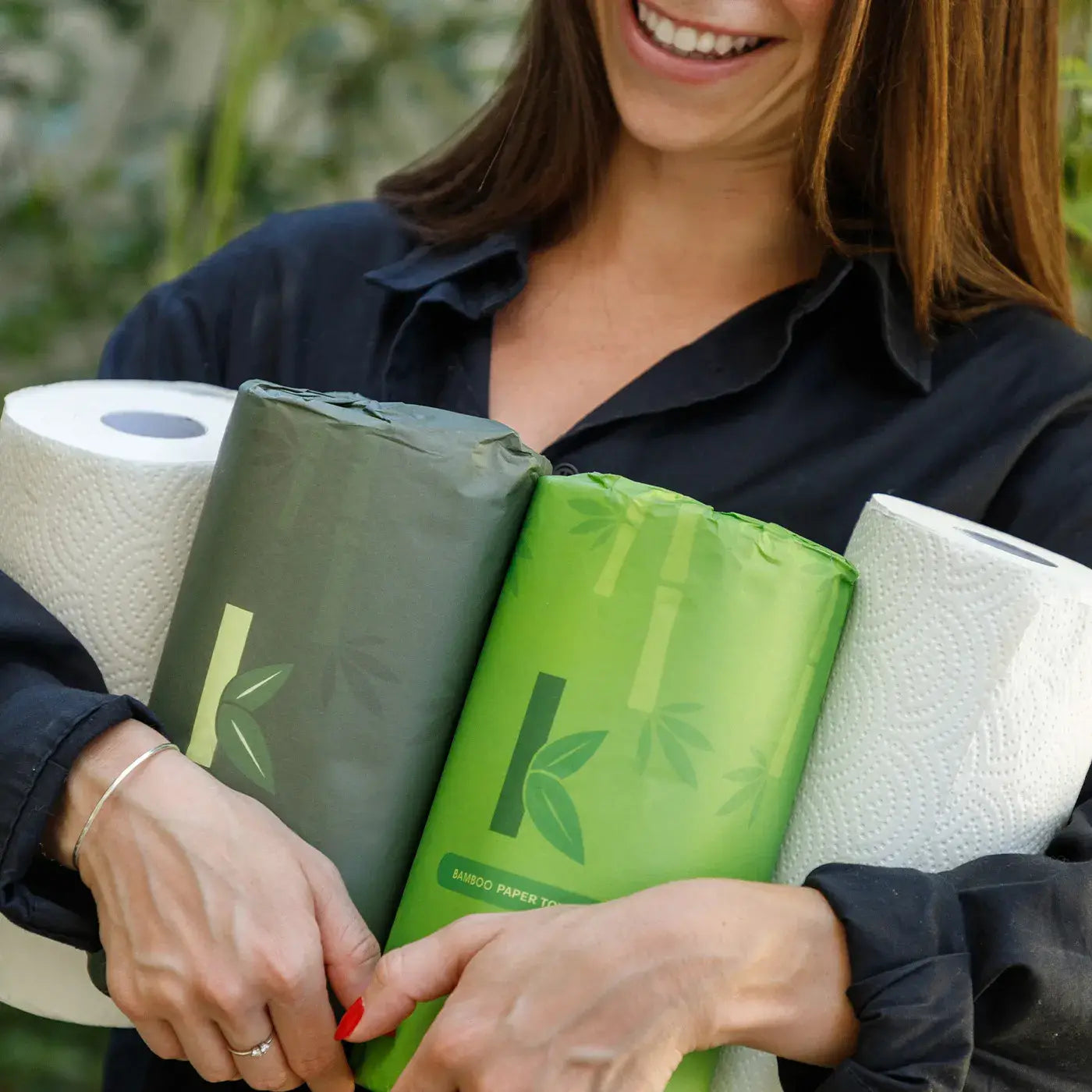
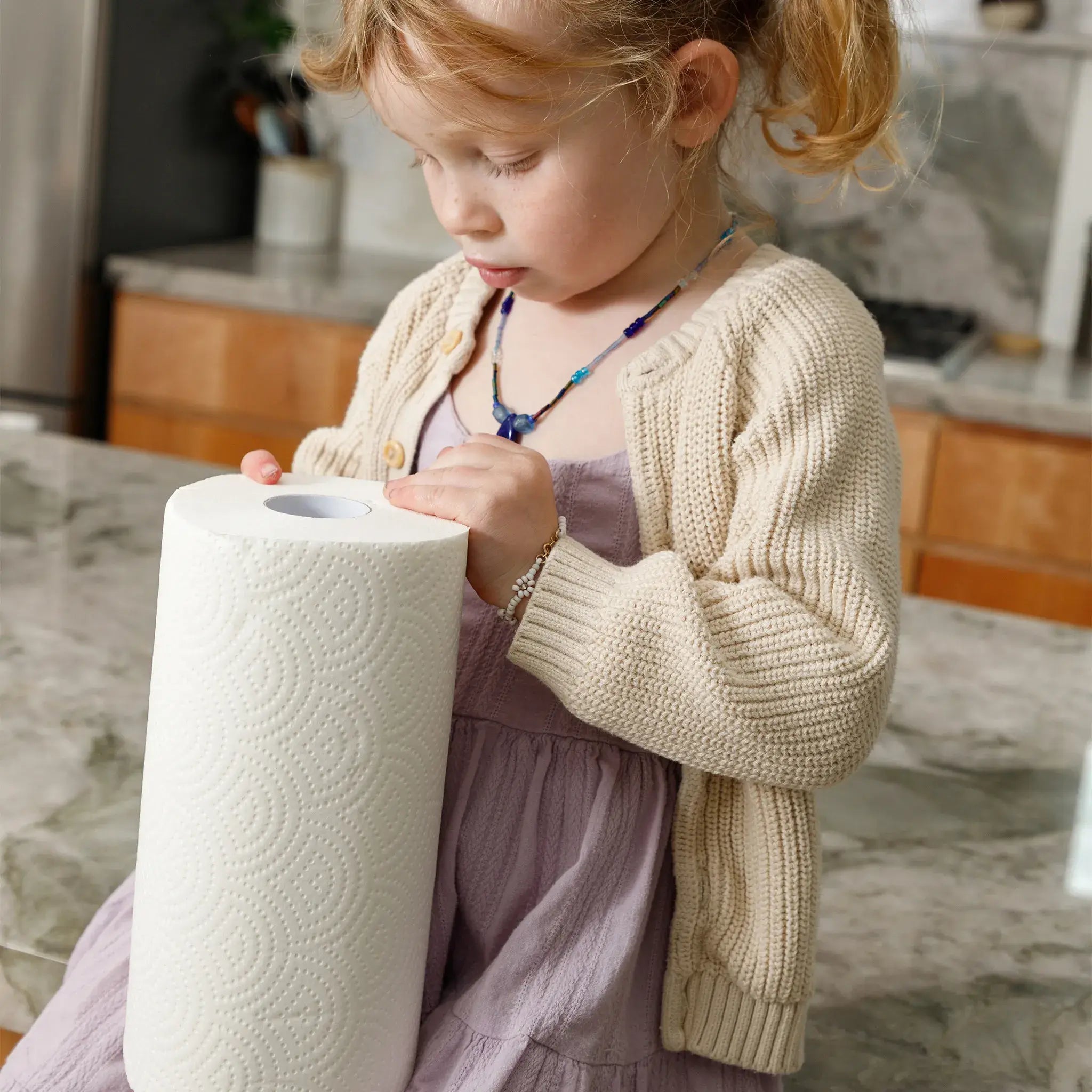
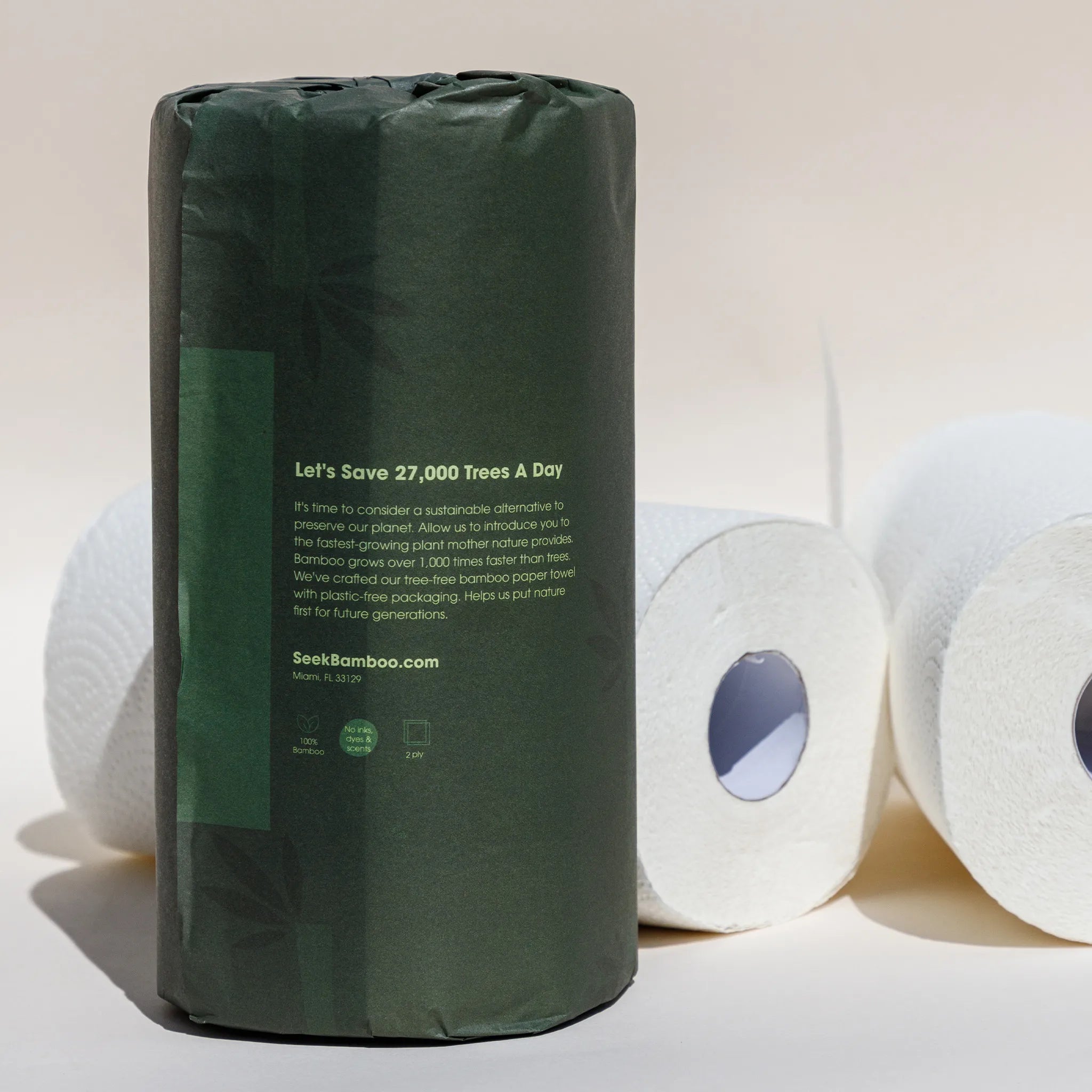
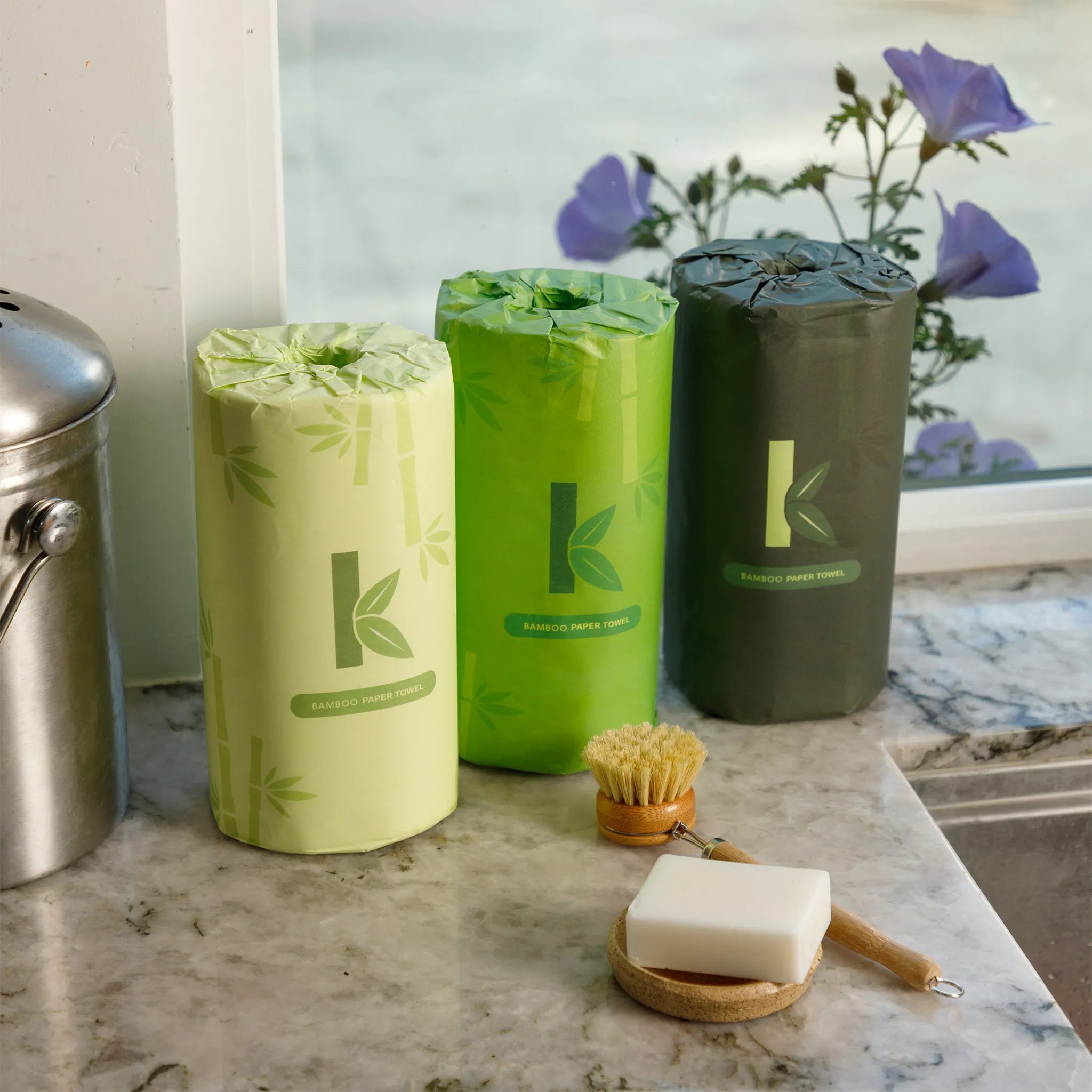
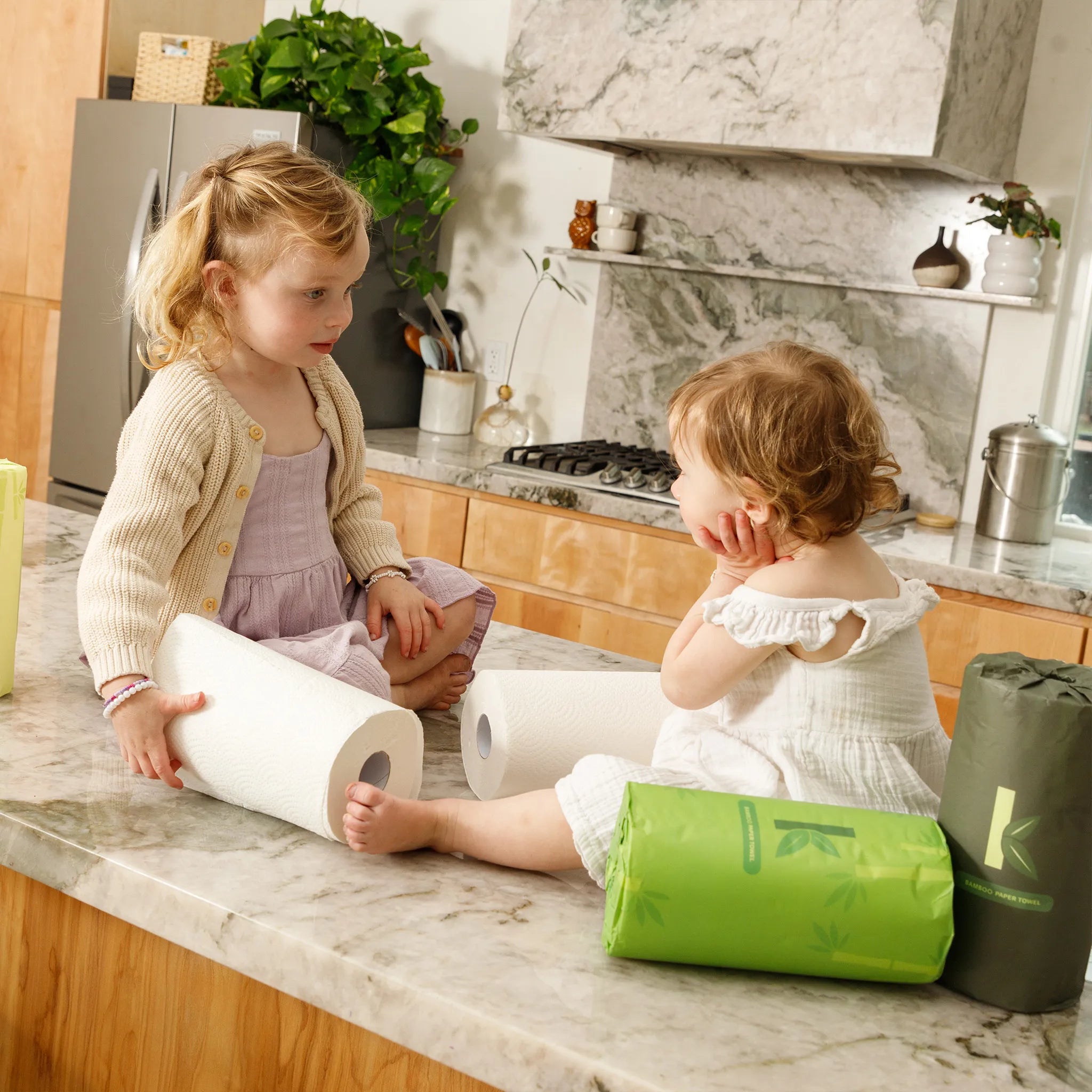
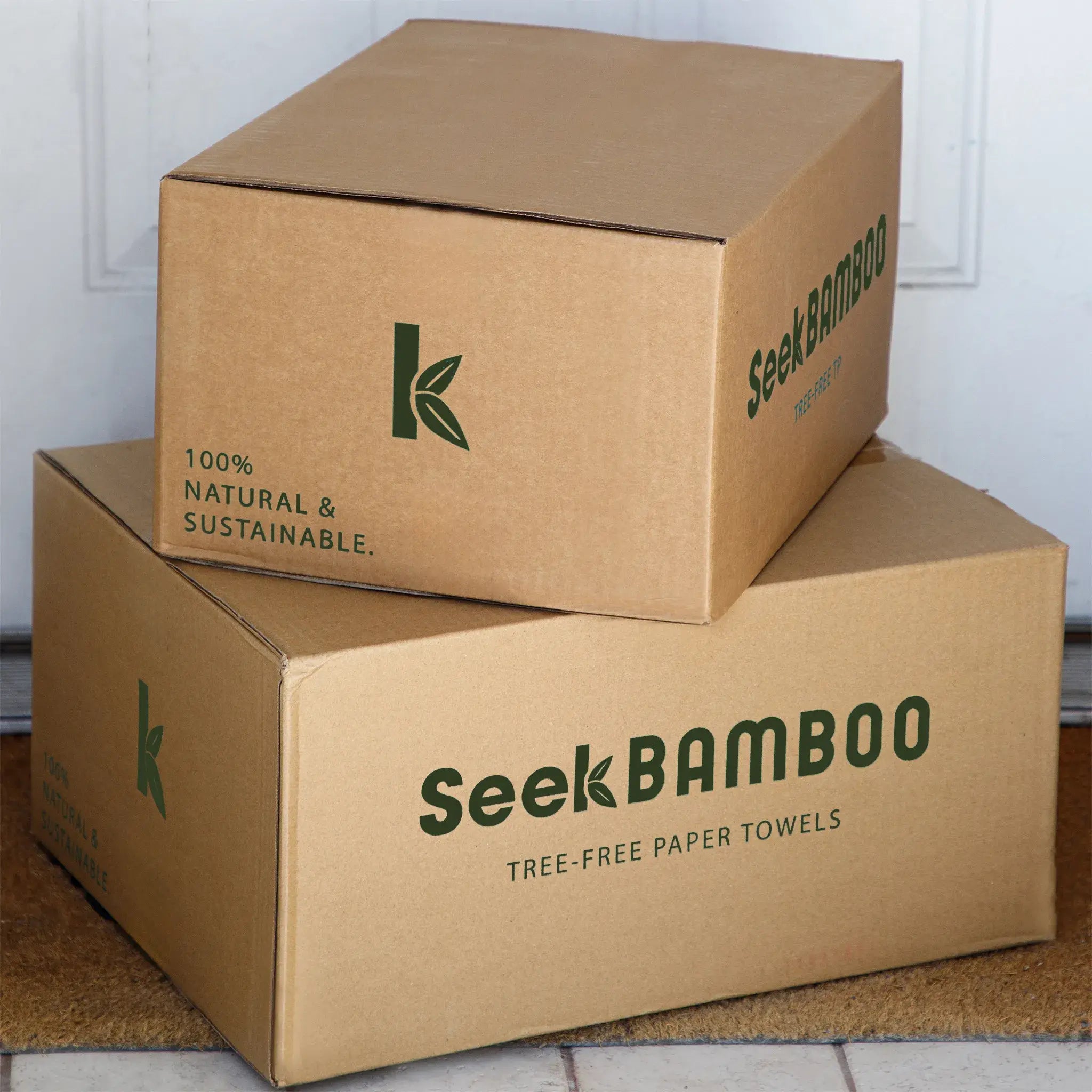
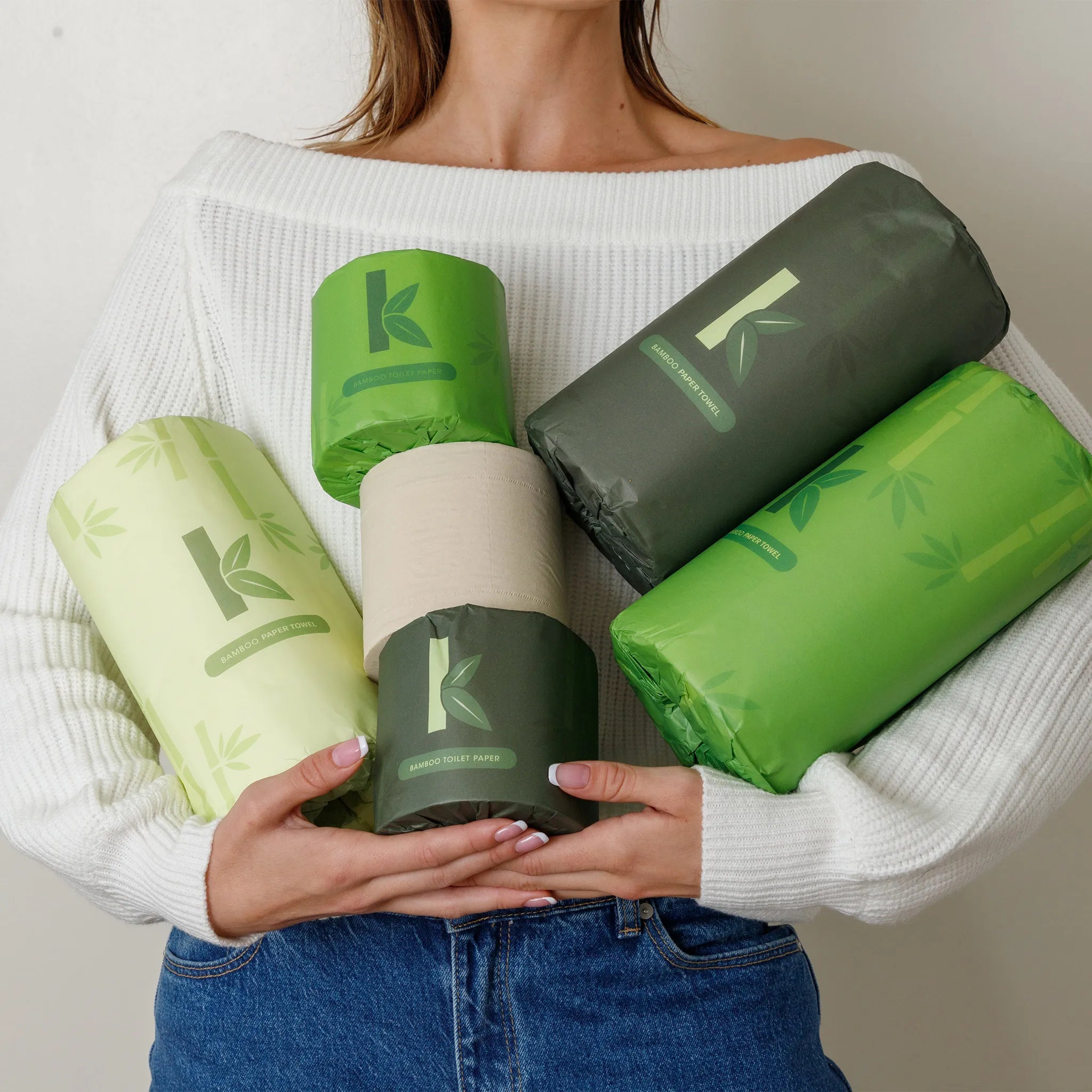
What Happens When You Flush Paper Towels?
Flushing paper towels might seem harmless, but it sets off a chain reaction that can lead to significant and costly problems. To fully understand the impact, let’s take a closer look at what happens after a paper towel is flushed down the toilet.
The Journey Begins: From Toilet to Pipes
When you flush a paper towel, it enters your home’s plumbing system, traveling through the pipes just like any other waste. However, unlike toilet paper, which is designed to break down almost immediately upon contact with water, paper towels remain largely intact. Their durable, absorbent fibers resist disintegration, which means they can quickly become lodged in the pipes.
As these paper towels accumulate, they can cause partial or complete blockages in your plumbing system. This blockage can lead to slow drains, unpleasant odors, and even sewage backups into your home. In severe cases, a complete pipe blockage may occur, requiring costly professional plumbing services to clear the obstruction.
Impact on Septic Systems
For homes with septic systems, flushing paper towels can be even more problematic. Septic systems rely on bacteria to break down waste material efficiently. However, paper towels, being resistant to decomposition, do not break down easily within the system. Over time, this can lead to an accumulation of solid material in the septic tank, reducing its capacity and efficiency. Eventually, this buildup can cause the system to fail, leading to expensive repairs or the need for an entirely new septic system installation.
The Bigger Picture: Wastewater Treatment Facilities
If your home is connected to a municipal sewage system, the problems don’t stop at your pipes. Once flushed, the paper towel continues its journey through the sewer lines, where it can join other non-biodegradable materials that have been improperly flushed. As these items move through the system, they can combine with fats, oils, and other substances to form what are known as "fatbergs"—massive, solid obstructions that clog sewer lines.
These blockages can cause significant disruptions at wastewater treatment facilities. When these systems become overwhelmed with non-degradable materials, the risk of sewage overflows increases. Untreated sewage can then be released into rivers, lakes, and oceans, leading to environmental contamination that harms aquatic life and pollutes water sources.
Environmental Consequences
The environmental impact of flushing paper towels is significant. Wastewater treatment plants are not designed to handle non-degradable materials like paper towels, and the resulting blockages can strain the system. The energy and resources required to manage these issues contribute to a larger carbon footprint. Moreover, when untreated sewage is released into the environment, it can lead to the pollution of natural habitats, posing a threat to wildlife and ecosystems.
Costly Repairs and Environmental Harm
Ultimately, the journey of a flushed paper towel often ends with costly repairs, both at home and within municipal systems. Homeowners may face expensive plumbing bills, while communities must invest in the maintenance and repair of sewage infrastructure. The environmental damage caused by untreated sewage spills adds another layer of cost, impacting both local ecosystems and the health of the planet.
Think Before You Flush
The best way to avoid these problems is simple: never flush paper towels. Dispose of them in the trash or compost them if they’re made from compostable materials like bamboo. By doing so, you’ll help protect your plumbing, prevent costly repairs, and reduce your environmental impact.
Alternatives to Flushing Paper Towels
Understanding the problems associated with flushing paper towels is just the first step. The good news is that there are simple and effective alternatives to ensure that paper towels are disposed of responsibly, helping to protect both your home’s plumbing and the environment. Let’s explore some of the best alternatives to flushing paper towels, including a sustainable option that can significantly reduce your waste footprint.
Proper Disposal: The Trash Bin
The most straightforward alternative to flushing paper towels is to dispose of them in the trash. Unlike toilet paper, which is designed to dissolve quickly in water, paper towels are made to be durable and absorbent. When they are flushed, they can cause clogs and other plumbing issues. By placing used paper towels in a trash bin instead of the toilet, you can avoid these problems entirely.
To make this a habit, consider placing a small waste bin in your bathroom and kitchen, making it easy to dispose of paper towels properly. While it might seem like a simple change, it can have a big impact by preventing costly plumbing repairs and reducing strain on wastewater treatment systems.
Composting: A Greener Option
For those who are looking for an even more environmentally friendly way to dispose of paper towels, composting is an excellent option. Composting not only diverts waste from landfills but also creates nutrient-rich soil that can be used to improve your garden.
Not all paper towels are suitable for composting, but many, especially those made from natural, unbleached materials, can be composted safely. It’s important to note that only paper towels that have been used with water or biodegradable, non-toxic substances should be composted. Paper towels used with chemicals or non-compostable substances should be thrown in the trash instead.
Introducing Bamboo Paper Towels: A Sustainable Alternative
If you’re looking to reduce your environmental impact even further, consider making the switch to bamboo paper towels. Bamboo is a highly sustainable resource that grows quickly and requires fewer resources to cultivate compared to traditional wood pulp. Bamboo paper towels are strong, absorbent, and reusable, making them a great choice for those who want to minimize waste.
What sets bamboo paper towels apart is their compostability. Unlike conventional paper towels, many bamboo paper towels are designed to break down more easily, making them ideal for composting. This means that instead of contributing to landfill waste, used bamboo paper towels can be returned to the earth as compost, helping to nourish the soil and support sustainable living.
Reusable Bamboo Paper Towels: Even Less Waste
In addition to being compostable, some bamboo paper towels are designed to be reusable. These towels can be washed and reused multiple times before being composted, further reducing your overall waste. By choosing reusable bamboo paper towels, you’re not only cutting down on the number of paper towels you use but also making a positive impact on the environment by reducing the demand for single-use products.
Make the Switch for a Cleaner, Greener Home
By choosing alternatives to flushing paper towels, you’re taking a simple yet effective step towards a more sustainable lifestyle. Whether it’s disposing of paper towels in the trash, composting them, or making the switch to bamboo paper towels, these small changes can have a big impact. Not only will you protect your plumbing and reduce the risk of costly repairs, but you’ll also contribute to a cleaner, greener planet.
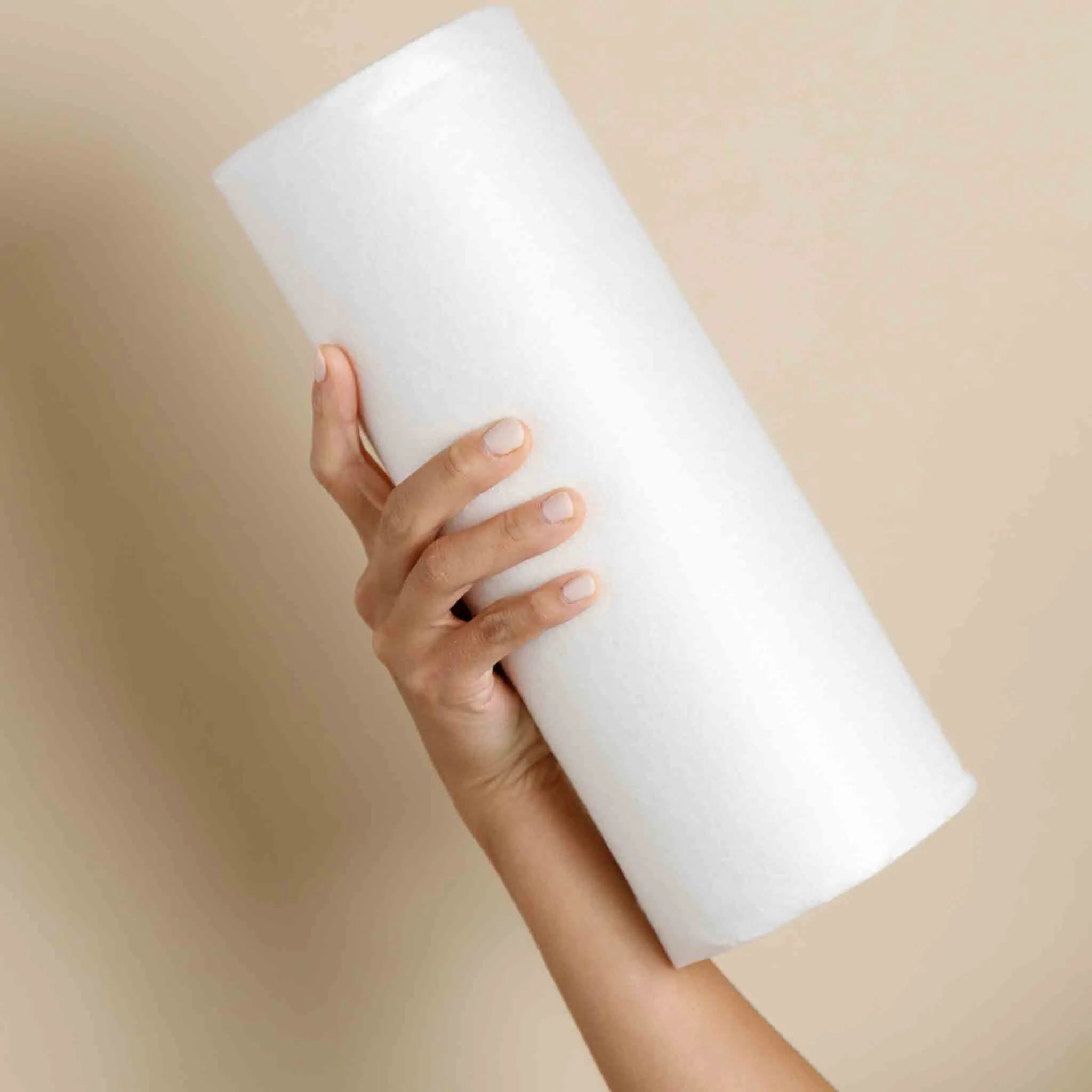

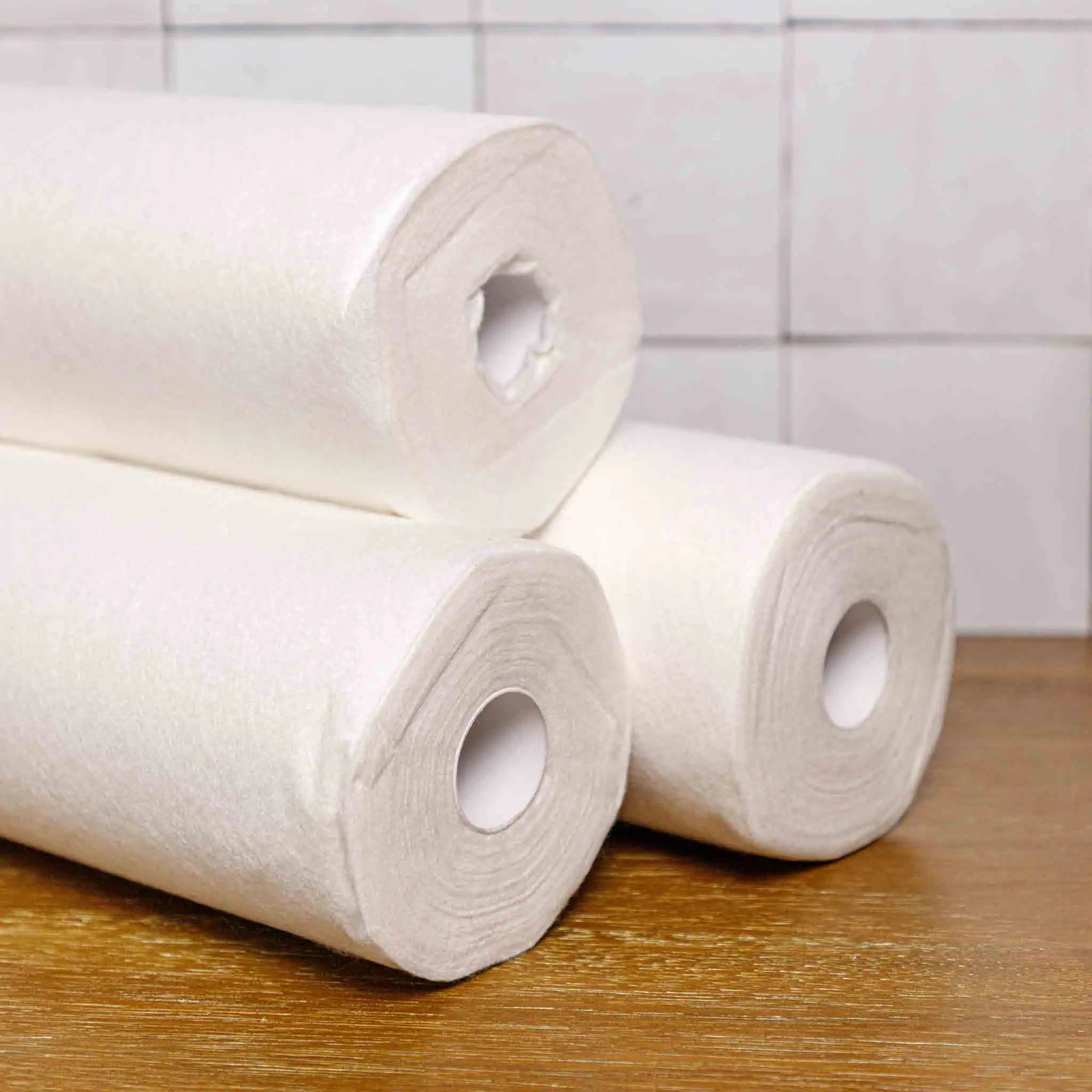
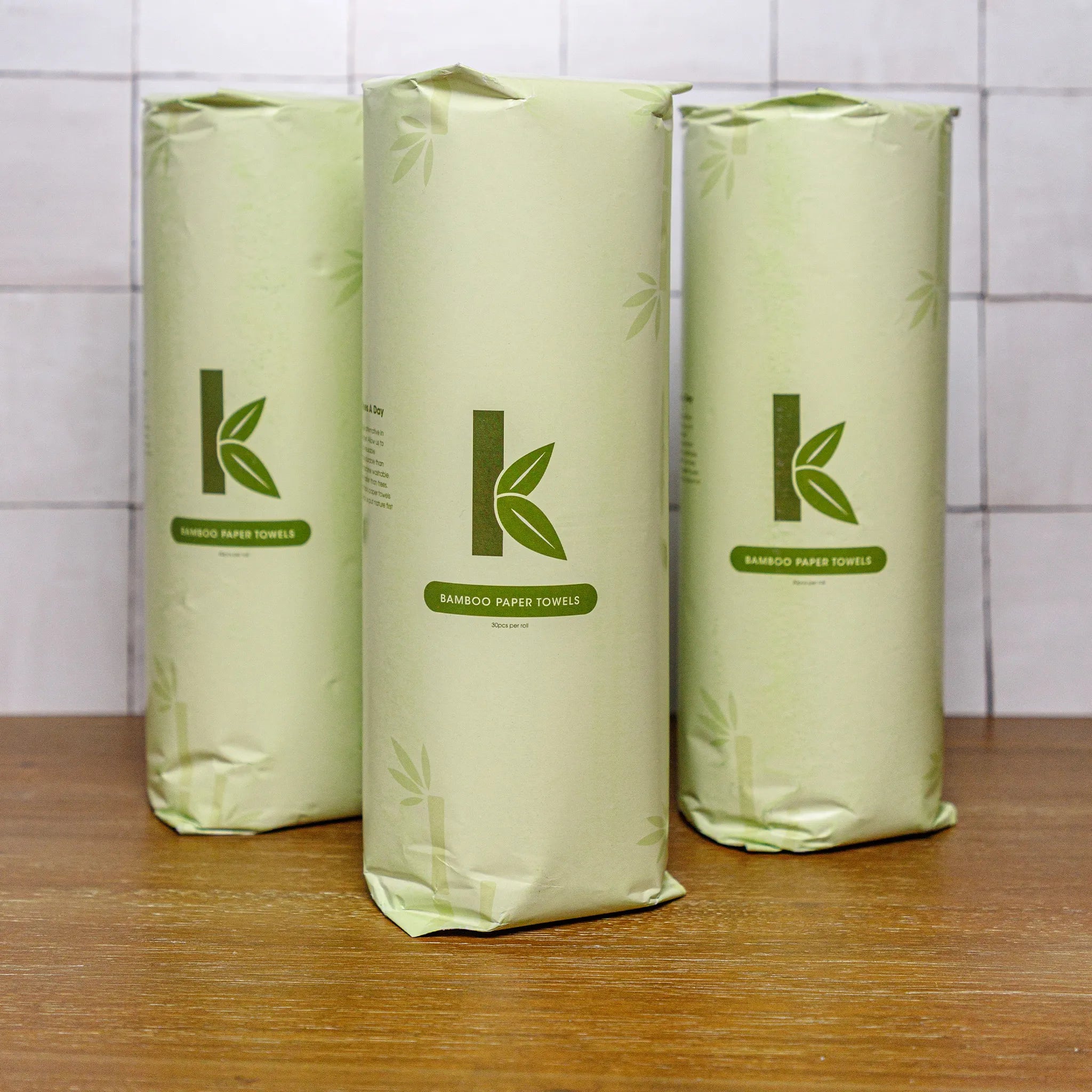
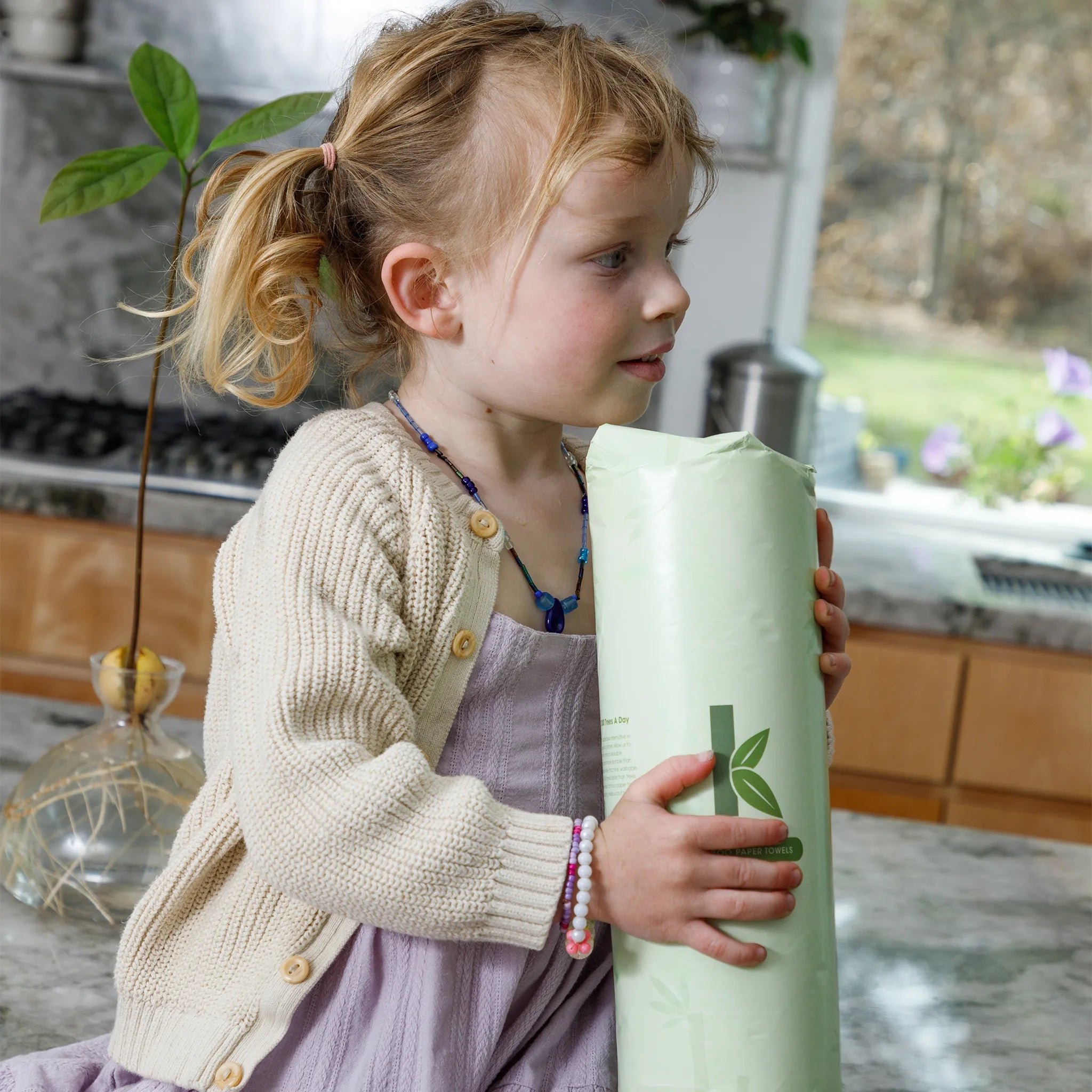
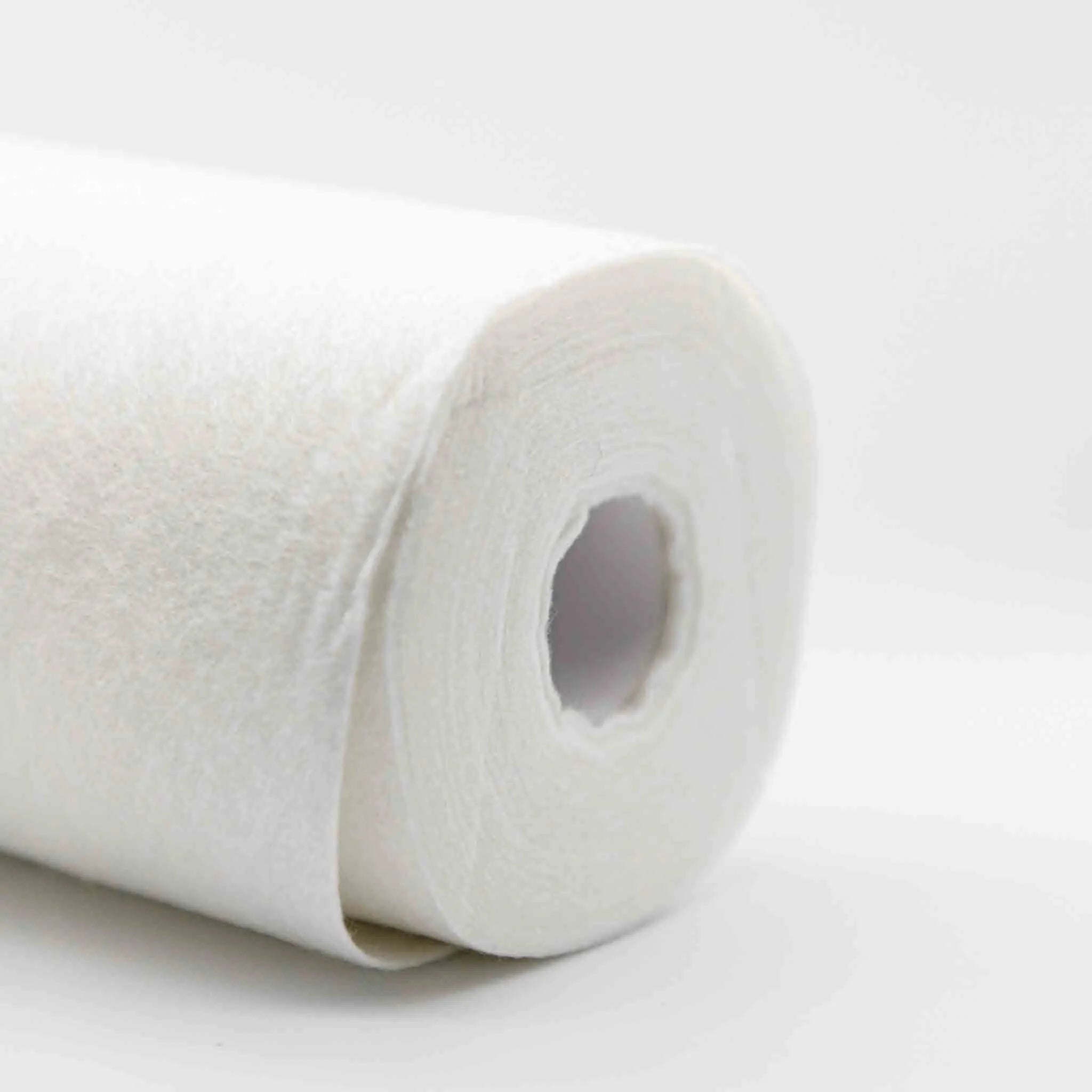
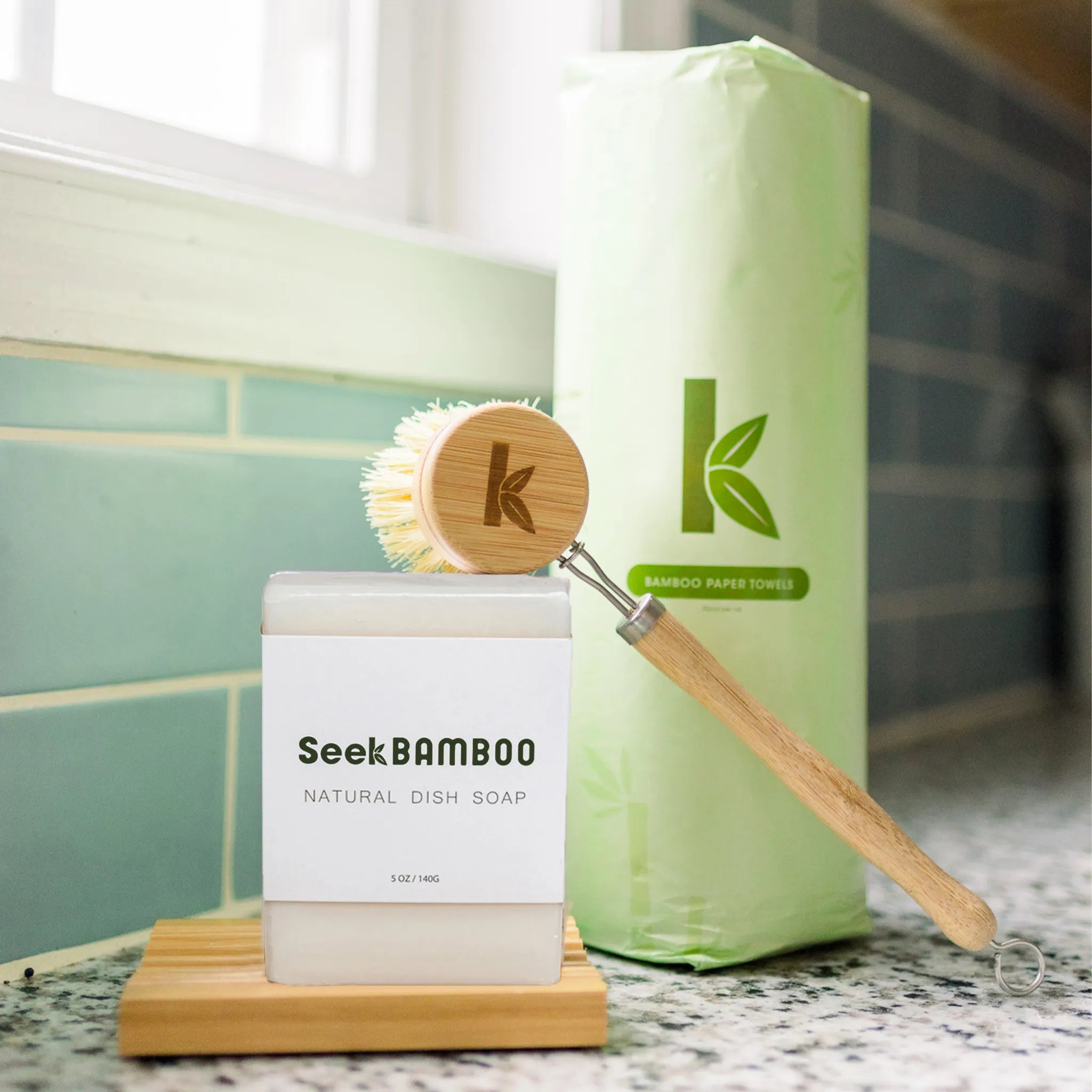
Environmental Impact of Flushing Paper Towels
Flushing paper towels might seem like a convenient way to dispose of them, but the environmental consequences are significant. When paper towels are flushed, they don’t just pose risks to your plumbing—they also contribute to pollution and waste in water systems, leading to broader environmental issues. In this section, we’ll explore the environmental impact of flushing paper towels and compare the effects of using regular paper towels versus more sustainable alternatives like bamboo paper towels.
How Flushing Paper Towels Contributes to Pollution
When you flush paper towels, they enter the sewage system, where they can cause clogs and blockages. These blockages often require heavy machinery and chemicals to remove, which increases the carbon footprint of waste management. However, the environmental impact extends beyond just the pipes in your home.
In municipal sewage systems, paper towels can combine with fats, oils, and other non-biodegradable materials to form massive blockages known as "fatbergs." These fatbergs can clog sewer lines, leading to sewage overflows. When sewage systems become overwhelmed, untreated wastewater can be released into rivers, lakes, and oceans, contaminating natural water sources and harming aquatic life.
Moreover, the energy and resources needed to address these blockages and treat contaminated water place additional strain on already burdened wastewater treatment facilities. The environmental cost of these operations is significant, as they contribute to greenhouse gas emissions and the depletion of natural resources.
Waste in Water Systems
Flushing paper towels adds to the overall waste burden in water systems. Unlike toilet paper, which is designed to break down quickly, paper towels are made to withstand moisture, making them more resistant to decomposition. This durability means that they persist in water systems for longer periods, contributing to the accumulation of waste in rivers, oceans, and other bodies of water.
The presence of non-biodegradable waste like paper towels in water systems can have devastating effects on marine life. Animals can mistake these materials for food or become entangled in them, leading to injury or death. Additionally, as these materials break down, they can release microplastics and other pollutants into the water, further harming the environment and potentially entering the human food chain.
Comparing Regular Paper Towels and Bamboo Paper Towels
While regular paper towels contribute to environmental degradation, there are more sustainable alternatives available. Bamboo paper towels, for instance, offer a much greener option. Let’s compare the environmental impact of regular paper towels versus bamboo paper towels:
- Sustainability of Resources: Regular paper towels are typically made from wood pulp, which often comes from trees that take years to grow. The production process involves deforestation, which contributes to habitat loss and climate change.
Bamboo, on the other hand, is one of the fastest-growing plants on the planet, requiring less water and fewer pesticides to cultivate. This makes bamboo a highly renewable resource with a smaller environmental footprint. - Production and Waste: The production of regular paper towels involves significant water and energy consumption, along with the use of chemicals for bleaching and processing. This results in a product that, when flushed, contributes to pollution and waste in water systems.
Bamboo paper towels are often produced with minimal chemical processing and can be composted after use, reducing their environmental impact. Composting bamboo paper towels returns them to the earth as a nutrient-rich material, rather than adding to landfill waste or polluting water systems. - Decomposition: Regular paper towels, when flushed, can take a long time to break down, contributing to blockages and waste in the environment. Bamboo paper towels, especially those designed to be compostable, break down more quickly and naturally, making them a more environmentally friendly choice.
The environmental impact of flushing paper towels is clear: it contributes to pollution, waste, and the degradation of water systems. By making the switch to bamboo paper towels, you can significantly reduce your environmental footprint. Bamboo paper towels offer a sustainable, biodegradable alternative that is kinder to both your plumbing and the planet. By choosing bamboo, you’re not just making a smarter choice for your home—you’re also taking a step towards a healthier, more sustainable environment.
Flushed Paper Towels Shouldn't Be A Thing
Flushing paper towels may seem like a convenient option, but the reality is that this simple act can lead to significant problems, both in your home and in the environment. From clogged pipes and costly plumbing repairs to the broader impact on wastewater treatment facilities and natural water systems, the consequences of flushing paper towels are far-reaching.
As we’ve explored, paper towels are designed to be strong and absorbent, which makes them unsuitable for flushing. Instead, proper disposal in trash bins or, better yet, composting, offers a more responsible approach. For those looking to minimize their environmental footprint, bamboo paper towels present an even better alternative. Bamboo is a sustainable resource, and bamboo paper towels are not only durable and effective but also compostable, making them an eco-friendly choice that supports a greener lifestyle.
By making small changes, such as switching to bamboo paper towels and disposing of them responsibly, you can protect your home’s plumbing and contribute to a healthier environment. The choices we make every day, from the products we use to how we dispose of them, have a collective impact. Choosing sustainable alternatives like bamboo paper towels is a simple yet powerful way to make a positive difference for both your household and the planet.
So, the next time you reach for a paper towel, remember the importance of proper disposal—and consider making the switch to bamboo. Your plumbing, your wallet, and the environment will thank you.
Flush With Questions?
Get answers swirling around flushing paper towels?
Can you flush paper towels down the toilet?
No, you should not flush paper towels down the toilet. Unlike toilet paper, which is designed to break down quickly in water, paper towels are made from stronger, more durable fibers that don’t disintegrate easily. Flushing them can lead to clogs in your plumbing, cause damage to your septic system, and contribute to blockages in municipal sewage systems. This can result in costly repairs and environmental harm.
Why are paper towels different from toilet paper?
Paper towels and toilet paper are made from different types of fibers. Toilet paper is designed to dissolve quickly in water, using shorter, thinner fibers that break apart easily. This ensures it won’t cause clogs or other issues when flushed. Paper towels, however, are made from thicker, longer fibers that are meant to be absorbent and strong, which prevents them from breaking down in water. This difference in composition is why paper towels should never be flushed.
What happens if I accidentally flush a paper towel?
If you accidentally flush a paper towel, it could get stuck in your pipes, potentially causing a clog. In the best-case scenario, the paper towel may pass through your plumbing system without causing immediate damage, but over time, repeated flushing of paper towels can lead to significant blockages. These blockages can result in slow drains, backups, and even burst pipes, leading to costly repairs.
I accidentally flushed a paper towel down the toilet. What should I do?
If you’ve accidentally flushed a paper towel down the toilet, don’t panic. While it’s not ideal, there are steps you can take to minimize the risk of damage to your plumbing system.
- Assess the Situation: If the toilet is flushing normally and there’s no immediate sign of a clog (like slow draining or water backing up), the paper towel may have passed through the pipes without causing an issue. However, it’s important to remain vigilant for any signs of a problem over the next few days, as clogs can sometimes develop gradually.
- Use a Plunger: If you notice that the toilet is draining slowly or if it didn’t fully flush, try using a plunger. A plunger can help dislodge the paper towel and push it further down the drain. Be sure to use a proper plunging technique, creating a tight seal around the drain and using strong, consistent pressure.
- Drain Cleaner: As a precaution, you might consider using an enzyme-based drain cleaner. These cleaners are designed to break down organic material without harming your pipes. While they may not fully dissolve the paper towel, they can help clear minor blockages and prevent further buildup. Avoid using harsh chemical drain cleaners, as these can damage your pipes and are harmful to the environment.
- Monitor for Signs of a Clog: Over the next few days, keep an eye on your toilet’s performance. If you notice persistent slow draining, gurgling noises, or water backing up into the toilet bowl, you may have a developing clog. If these symptoms occur, it’s important to take action quickly to prevent a more serious blockage.
- Call a Plumber if Necessary: If the toilet becomes completely clogged or if you’re unable to resolve the issue with a plunger, it’s time to call a plumber. A professional plumber has the tools and expertise to locate and remove the blockage, preventing further damage to your plumbing system. It’s better to address the problem early rather than risk a more significant and costly repair later on.
Preventing Future Issues:
To avoid future incidents, always dispose of paper towels in the trash or compost them if appropriate. Remember that paper towels are not designed to break down like toilet paper, and flushing them can lead to plumbing problems and environmental harm.
By taking these steps, you can minimize the risk of damage to your plumbing and ensure that your toilet continues to function properly. And if in doubt, don’t hesitate to seek professional help to keep your home’s plumbing in top condition.
How can flushing paper towels affect the environment?
Flushing paper towels contributes to environmental pollution in several ways. When paper towels block sewer lines, it can lead to sewage overflows, where untreated wastewater enters rivers, lakes, and oceans. This pollution can harm aquatic life, contaminate drinking water sources, and disrupt ecosystems. Additionally, the energy and resources needed to clear blockages and treat contaminated water increase the environmental footprint of waste management.
What should I do with used paper towels instead of flushing them?
The best way to dispose of used paper towels is to throw them in the trash. If the paper towels are clean and free from chemicals or non-compostable substances, you can also compost them. Composting is an environmentally friendly way to dispose of paper towels, as it turns them into nutrient-rich soil that can benefit your garden. Just be sure to check if the paper towels are compostable before adding them to your compost bin.
Are bamboo paper towels a better option for the environment?
Yes, bamboo paper towels are a more sustainable option compared to traditional paper towels made from wood pulp. Bamboo grows much faster than trees and requires less water and fewer pesticides, making it a highly renewable resource. Bamboo paper towels are also often compostable, which means they can break down naturally in the environment, reducing waste and pollution.
Can I compost all types of paper towels?
Not all paper towels are suitable for composting. Only paper towels that are made from compostable materials and have been used with biodegradable, non-toxic substances should be composted. For example, if you use paper towels to clean up food spills, they can typically be composted. However, if they’ve been used with harsh chemicals or non-compostable substances, it’s best to throw them in the trash instead.
How do bamboo paper towels compare to regular paper towels?
Bamboo paper towels are generally more sustainable and environmentally friendly than regular paper towels. They are made from bamboo, a rapidly renewable resource that grows much faster than traditional trees. Bamboo paper towels are often stronger, more absorbent, and can be reused multiple times before being composted. This makes them a more eco-friendly option that reduces waste and supports sustainable living.
What are the risks of not properly disposing of paper towels?
Improper disposal of paper towels, such as flushing them down the toilet, can lead to several risks. These include clogged pipes, damaged septic systems, and increased strain on municipal sewage systems. The environmental impact can also be severe, as untreated sewage can enter natural water sources, leading to pollution and harm to wildlife. Additionally, the cost of repairing plumbing and sewage systems can be significant.


